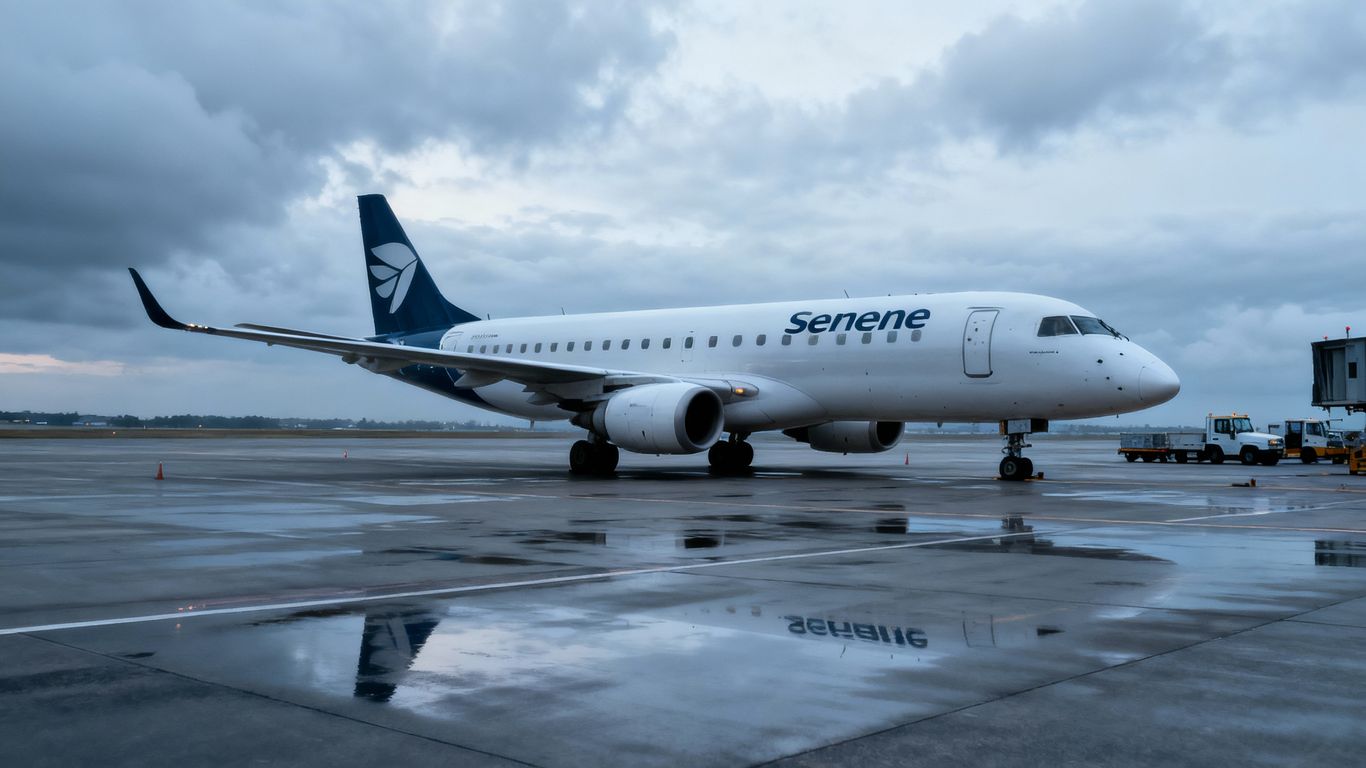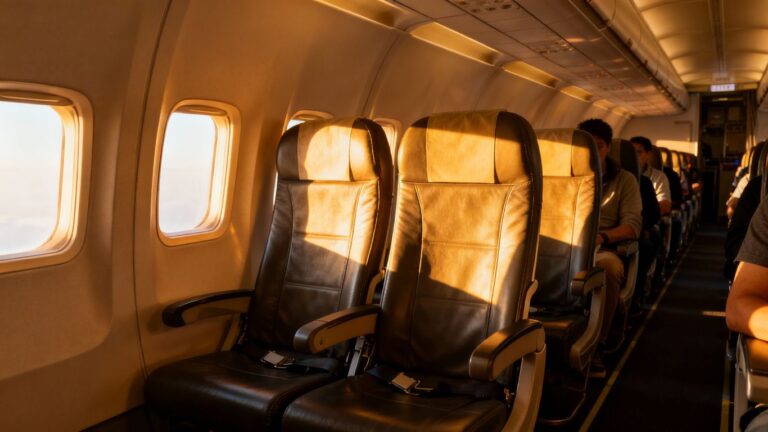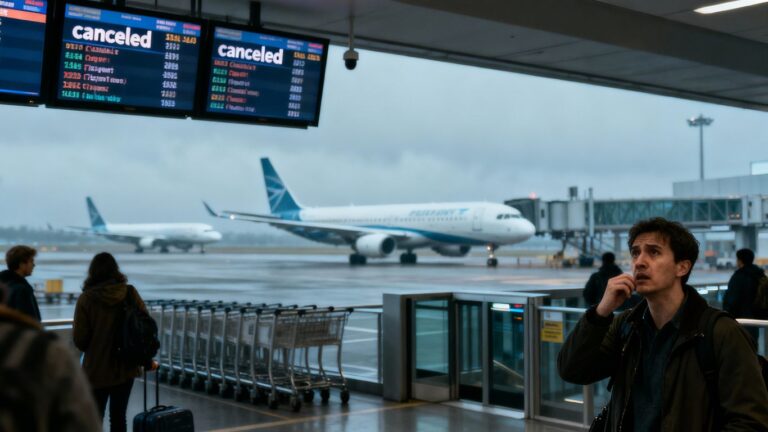
Pakistan’s privately owned Serene Air has been forced by regulators to immediately suspend all domestic and international flights, after the national civil aviation authority found the airline had no planes that were fit to fly. The abrupt grounding leaves thousands of passengers stranded and intensifies concerns over the country’s troubled aviation sector.
Key Takeaways
- Pakistan’s Civil Aviation Authority suspended Serene Air’s Air Operator Certificate due to a lack of serviceable planes.
- Serene Air, operating since 2017, grounded its entire fleet of seven aircraft, halting all operations.
- The move raises new questions about airline safety and financial health in Pakistan’s aviation industry.
Regulatory Action: Immediate Suspension
The Pakistan Civil Aviation Authority (PCAA) suspended Serene Air’s license after an audit revealed that none of the airline’s seven aircraft—comprising three Airbus A330-200s and four Boeing 737-800s—were deemed airworthy. This decision took effect without warning, immediately halting all flights, both within Pakistan and to international destinations such as China and Saudi Arabia.
The PCAA said that Serene Air had “zero serviceable aircraft,” making it incapable of safely operating flights in compliance with national regulations. The authority instructed Serene Air to surrender its operator certificate without delay.
Fleet Woes and Financial Questions
A review of flight data showed that four of Serene Air’s planes had not flown in over a year, while the remaining three ceased operations in late September. It is unclear whether the grounding stems solely from mechanical issues or if financial instability played a part, as maintenance and operational costs may have become unsustainable for the airline.
- Three operational aircraft took their last flights in late September, with one to Karachi and another to Jeddah.
- The airline’s statement attributed the suspension to “unforeseen circumstances,” promising a swift return but offering few details.
The Broader Context: Pakistan’s Flying Challenges
Serene Air’s grounding shines a spotlight on the broader troubles plaguing Pakistan’s aviation industry. The country’s national carrier, PIA, has previously faced scandals—including the revelation of numerous pilots holding questionable licenses. Many Pakistani airlines rely heavily on used aircraft and grapple with stringent budgets.
Airline comparisons across the region show that competitors, such as Airblue and AirSial, opt for the Airbus A320 family, while Serene remained the last major 737 operator in the country. Industry experts note that this marks the largest Pakistani airline closure since Shaheen Air stopped flying in 2018.
Passenger Impact and Future Uncertainty
With Serene Air’s suspension, passengers are left scrambling to find alternative routes, facing canceled itineraries and uncertainty about refunds or rebookings. For now, Serene Air’s return date remains uncertain, and regulators have made clear that safety must be restored before any flights can resume.
Pakistan’s aviation sector’s most recent crisis underlines the urgent need for reforms in oversight, aircraft maintenance, and financial transparency for airlines operating in the country.
Sources
- Pakistan’s Serene Air Grounded By Regulators, All Planes Broken, One Mile at a Time.







